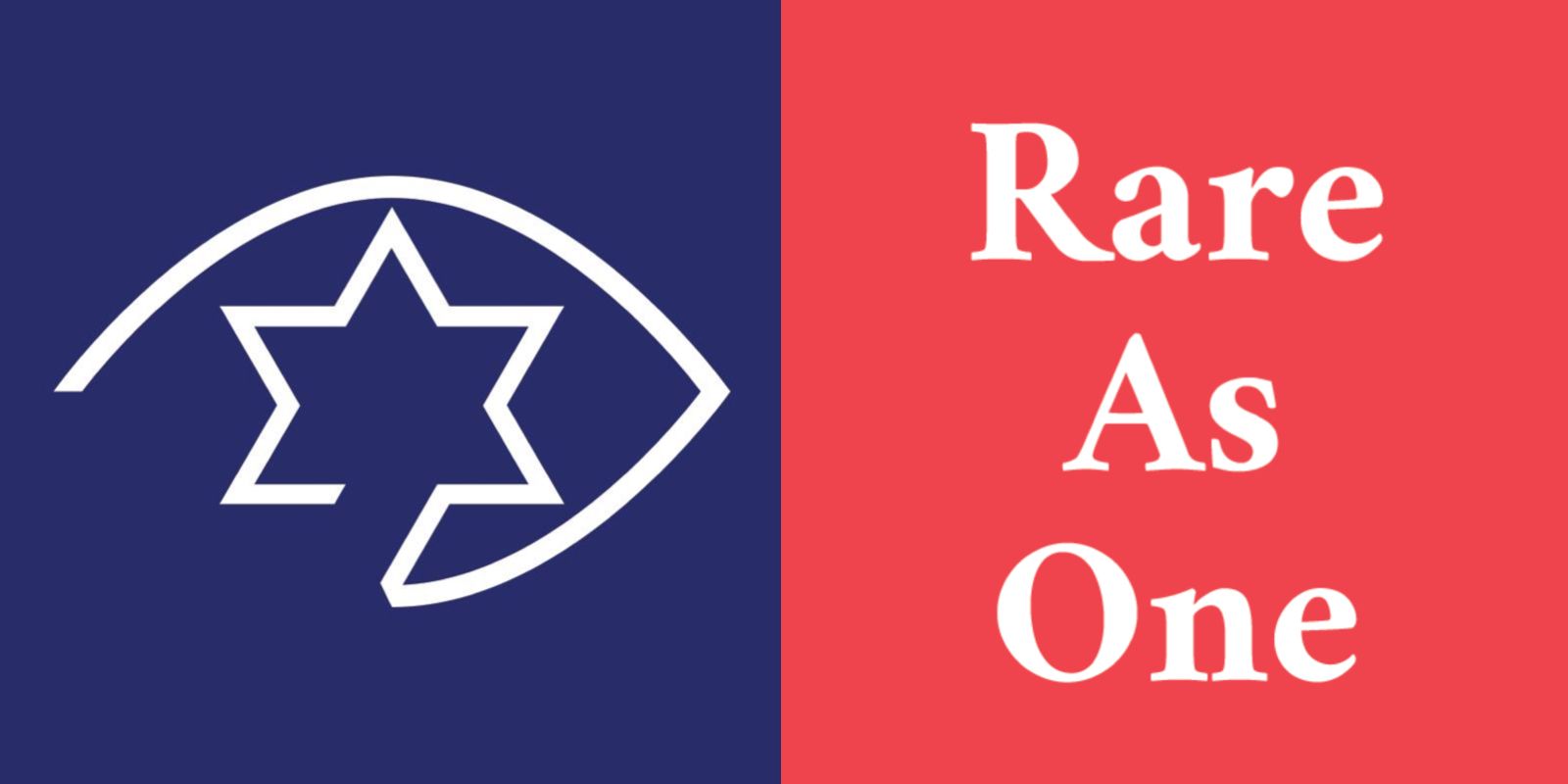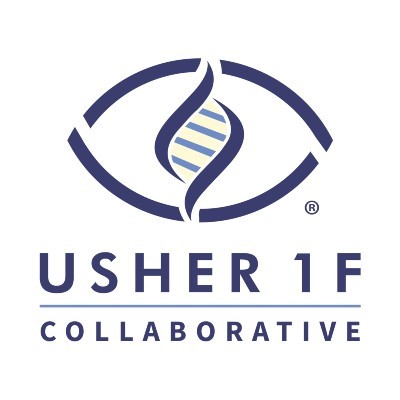
Usher 1F Collaborative Receives $450,000 Grant from Chan Zuckerberg Initiative
Grant to Area Nonprofit Will Accelerate Progress in the Fight against the Leading Cause of Inherited Deaf-Blindness
NEWTONVILLE, MA (February 3, 2020) — The Usher 1F Collaborative, a nonprofit 501(c)(3) organization dedicated to finding a cure for Usher syndrome—the leading cause of inherited deaf-blindness—has received a $450,000, two-year grant from the Chan Zuckerberg Initiative (CZI), a philanthropy founded in 2015 by Dr. Priscilla Chan and Mark Zuckerberg. The Usher 1F Collaborative is one of 30 patient-led organizations to receive a CZI grant, which is part of CZI’s Rare As One Project aimed at supporting the work of patient communities to accelerate research and drive progress in the fight against rare diseases.
Rare disease is anything but rare: as many as 7,000 rare diseases affect 400 million people worldwide. The vast majority of these diseases are not well known or understood, and fewer than five percent have any FDA-approved therapy. Patients suffering from these diseases and their families are key to driving breakthroughs in research and treatment, but a lack of funding and infrastructure to support such patient-led research is slowing progress.
Newton resident Melissa K. Chaikof is President of the Usher 1F Collaborative, which she founded in 2013 with her husband, Dr. Elliot Chaikof, who serves as Vice President. The Chaikofs are parents of two young adult daughters with Usher 1F, the most severe form of Usher syndrome, a rare inherited disease. Babies with Type 1F Usher syndrome are born profoundly deaf, have severe balance problems, and throughout childhood and adulthood become progressively blind. Currently there is no cure for Usher syndrome, which affects 400,000 people worldwide.
Guided by a distinguished 10-member Board of Directors and supported by generous donors, the Usher 1F Collaborative has made significant progress toward a treatment for Usher 1F. It has directly provided more than $1.7 million in funding to leading Usher 1F researchers worldwide, most of whom are working collaboratively as a result of their connection to the organization. In addition, through its outreach efforts it has inspired other researchers to focus on this problem and obtain an additional $2 million in funding for Usher 1F research.
These investigators, who are affiliated with Harvard University; the Universities of Pittsburgh, Maryland, Oregon, Iowa, and Western Australia; and the Centre for Eye Research in Australia, have developed animal (mouse and zebrafish) models of Usher 1F and are testing cutting-edge gene and drug therapies and developing stem cell therapies from patients’ own skin cells. The focus of ongoing research is to find an effective treatment to save or restore the vision of those with Usher 1F. The Usher 1F Collaborative also provides information, resources, and support to affected families around the globe.
The CZI grant is unique in that it will enable the Usher 1F Collaborative to build its capacity for the long term while also providing valuable training and community mentorship. Specifically, the grant will make it possible for the all-volunteer organization to hire professional staff, increase awareness about the disease among the global research community, and raise funds to support one of its pressing research priorities — a study of the natural history of Usher 1F.
“We are extremely grateful for this support and excited about the opportunity to partner with the Rare As One Project community to learn from one another and achieve our shared goal of finding treatments or cures for many rare, devastating diseases,” said Ms. Chaikof.
View the full list of Rare As One Project grantees here and read about their inspiring patient leaders.

